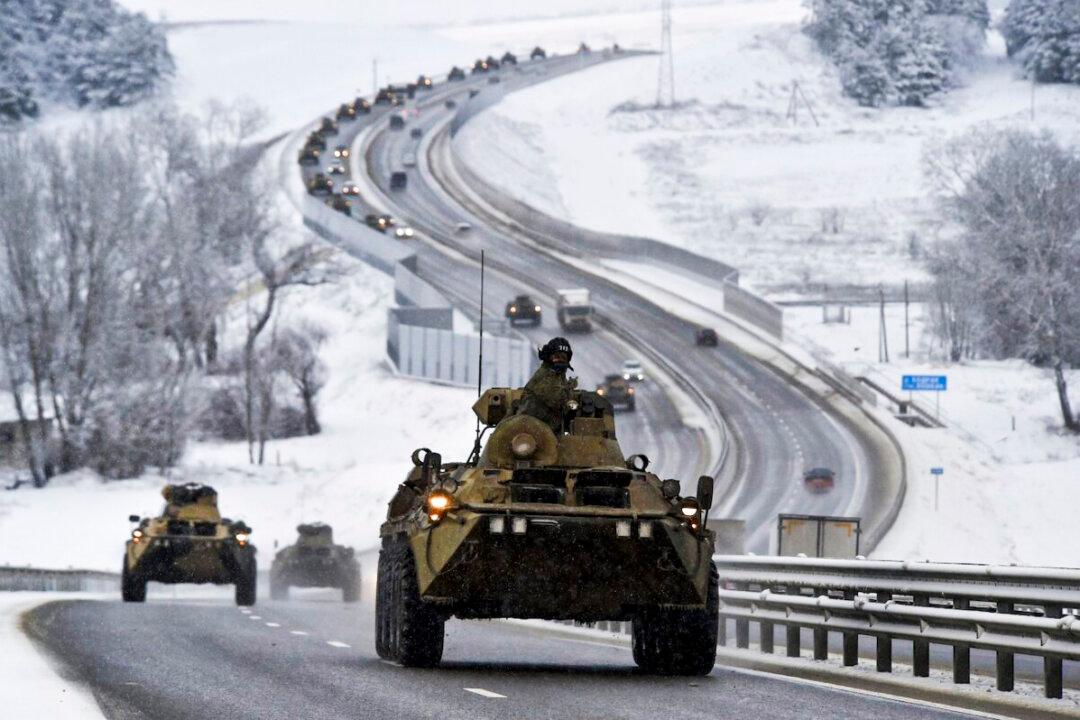The cost of goods such as iPhones, shoes, and electricity could go up if countries break from their dependency on Russia and China, but it’s the price the world must pay to safeguard the rules-based order, Lithuania’s foreign minister has stated.
Lithuania’s Gabrielius Landsbergis made the comments in an address to the National Press Club in Canberra, Australia, on Feb. 10, where he called for tighter global alliances and a stronger response in dealing with the twin challenges posed by Moscow and Beijing.





